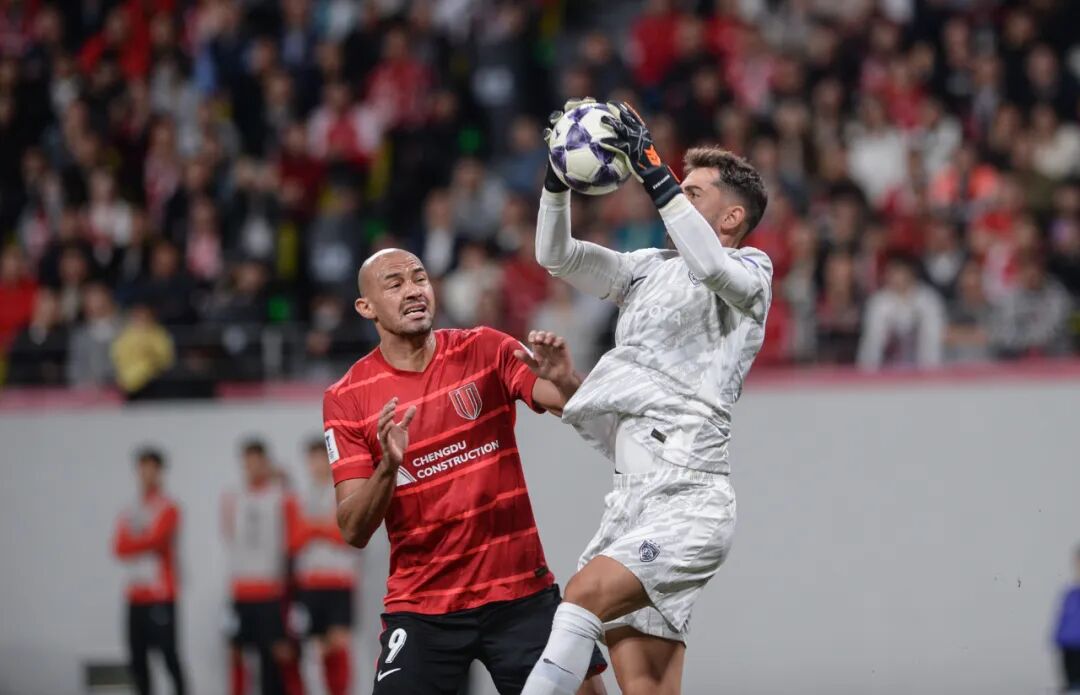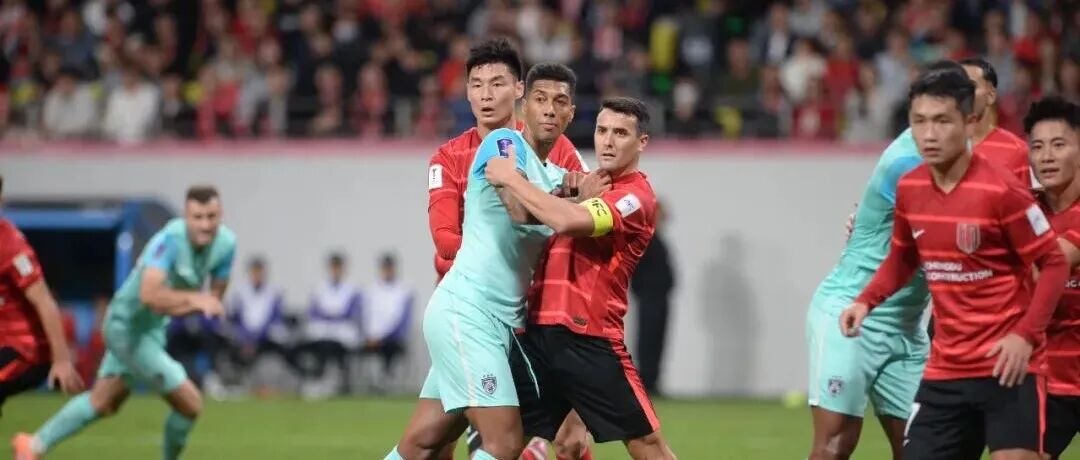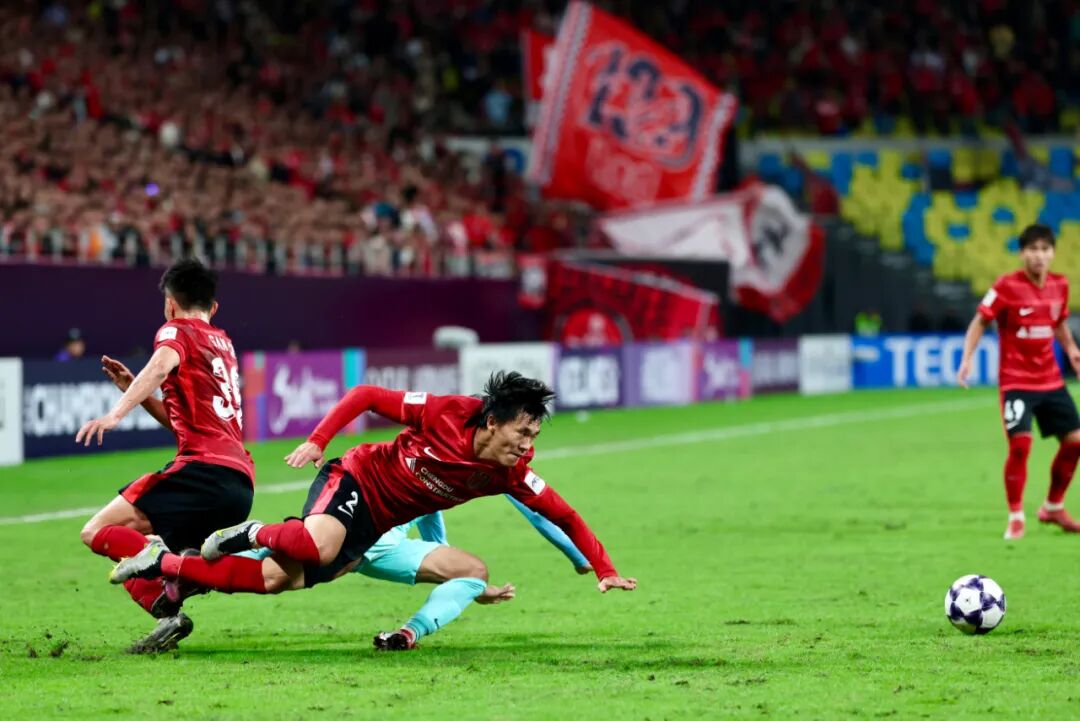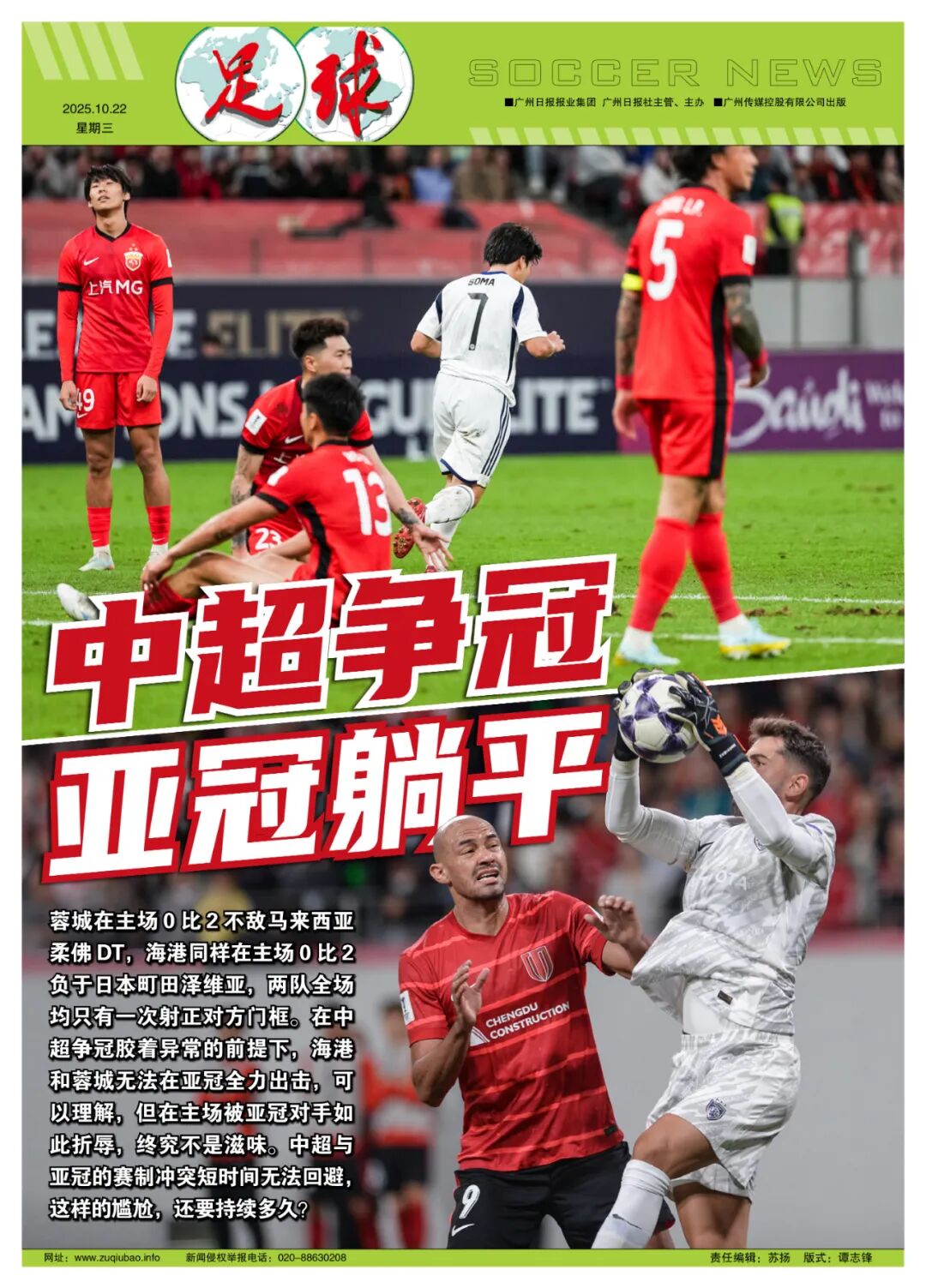Home defeat, Rongcheng pays the price for balancing two competitions


Reporter Lu Mi reports On the 21st, the third round of the AFC Champions League Elite League began at the Wuliangye Cultural and Sports Center. Chengdu Rongcheng, employing significant rotation, suffered a 0-2 defeat as a consequence of managing two competitions. Despite controlling 64% possession, Rongcheng had just one shot on target, whereas Johor DT used the strength of eight foreign players to generate 14 shots, six on target. This ineffective possession reflected the breakdown in team structure caused by the extensive rotation.
In this match, Xu Zhengyuan surprisingly implemented wide-scale rotation, fielding a starting lineup mainly composed of domestic players. The impact was clear across all three lines: in defense, substitutes like Dong Yanfeng and Wang Dongsheng lacked coordination, frequently leaving gaps against Johor’s foreign players’ runs. In the opening goal just five minutes in, a defensive vacuum on the flank allowed Alibas to break through easily, exposing the difference in cooperative defense awareness between rotated players and the main squad. More critically, Hu Hetao was forced off injured in under half an hour, and his departure compelled Gurfinkel to make a hurried substitution, further disrupting the defensive setup.
The decline in midfield control was equally crucial. Although Zhou Dingyang, Delgado, and Gan Chao started, their partners Xu Hong and Liao Rongxiang lacked experience, making effective interceptions difficult. Johor, with only 36% possession, managed to create 14 shots by exploiting Rongcheng’s midfield inefficiency. Zhou Dingyang’s tactical foul at the 55th minute earned him a yellow card, increasing the defensive pressure in midfield.

The issues on the forward line were most pronounced. Wei Shihao missed multiple matches due to injury, and Romulo was absent from the squad due to injury in the league, leaving Rongcheng’s attack lacking creativity. Even with Felipe entering in the second half, it was difficult to bridge the gap between the forwards and midfield, resulting in the embarrassing statistic of only one shot on target throughout the game.
Before the match, it was anticipated that Xu Zhengyuan might rotate the squad against Johor DT, who faced multiple suspensions, but the extent of changes was unexpected. From the coaching staff’s perspective, this decision was essentially a strategic choice between the league and the AFC Champions League. Currently, Rongcheng sits second in the Chinese Super League with 58 points, just two behind Shanghai Port, with only three rounds left. Their AFC campaign stands at one win and two losses, ranking seventh. Xu’s rotation clearly aimed to conserve strength for the league.
This trade-off is grounded in practical considerations. Wei Shihao’s recovery has been slower than expected, so the decision was made to allow him full rest rather than risk an early return, avoiding potential risks in key league matches. Considering the schedule, Rongcheng faces a tough Chinese Super League match against Qingdao West Coast just four days after the AFC game. The physical strain of consecutive matches makes rotation inevitable, with the coaching staff even carefully calculating players’ minutes, showing the priority given to the league.

However, the cost of this choice cannot be ignored. Hu Hetao’s new injury further tightens defensive options, and an early exit from the AFC Champions League could hinder the team’s experience in continental competitions. More alarmingly, the quality gap revealed by the substitute lineup indicates Rongcheng’s rotation depth is still insufficient to sustain high-intensity dual competition, a stark contrast to Johor’s strong foreign player roster.
This defeat serves as a reminder for Rongcheng’s dual campaign. In the short term, the team must focus on pursuing the Chinese Super League title and use the league break to reintegrate injured players like Wei Shihao. Looking ahead, to truly compete on two fronts, strengthening squad depth is essential, especially improving backup forwards’ finishing ability and defensive rotation options, which remain urgent weaknesses.
Xu Zhengyuan’s rotation strategy reflects reality, but minimizing losses in this balancing act will be a greater challenge for the coaching staff. As captain Zhou Dingyang said after the match: “We expected the opponent to put a lot of pressure on us because that’s their style. It’s unfortunate we conceded early, but we never gave up and kept fighting. They are a strong team with AFC experience, while this is our first time in the competition. It’s a great learning opportunity.” Rongcheng’s growth path requires finding a more precise balance between ambition and reality.











 Links
Links
 Contact
Contact
 App
App


